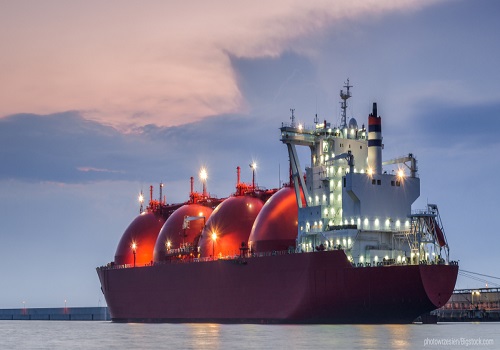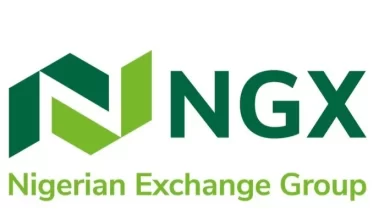Nigeria loses $40b to foreign ship owners in three years

Nigeria lost about $40 billion to foreign ship owners between 2018 and last year, sources at the Federal Ministry of Budget and Planning told The Nation at the weekend.
Between 2015 and 2017, it was gathered, the country also lost about $25 billion to foreign ship owners.
A senior official said over $10 billion was paid as freight for dry and wet cargoes to foreign ship owners in 2018 due to the absence of a Nigerian-owned fleet plying the international route.
The official said the trend had been recurring over the years till date, adding that in 2019, over $9 billion was estimated as opportunity loss.
According to him, about $9.60 billion was freight opportunity loss from import and export of dry and wet cargoes in 2020.
The Nigerian National Petroleum Corporation (NNPC), the official said, needs to encourage subsidiaries to engage indigenous shipping companies in their businesses.
NNPC, he said, needs to grant local shipping companies the right of first refusal in crude oil lifting contracts, saying it would help grow the economy and sustain their businesses.
This, he said, would enable local companies to take control of the shipping business which was in line with the economic diversification policy of the Federal Government.
Indigenous fleet owners, he said, need to enjoy greater patronage and participation in the oil and gas maritime business in the country.
He said the Ministry of Budget and Planning played an important role in the fiscal policy direction of the government
An expert, Mr. Gbolahan Adesoji, said for the government to realize its program, a conducive environment backed by strong political will with incentives to operators, had to be put in place
“Since 1996, there has been a rapid rise in cargo throughput culminating in an unprecedented volume in 2011. It is worthy of note that average cargo throughput from 1956 to 2005 is 14,467,024 metric tons while the average throughput increased from 49,173,324 metric tons.’
“The yearly average cargo throughput of 70,926,939.38 metric tons of cargo from 2006 to 2018 over the yearly average of 14,467,024 metric tons from 1956 to 2005 shows a percentage increase of 490.26 percent,‘’ he added.
This shows the remarkable progress made in our port developmental efforts since the port concession era. The statistics in Table 1 also show that the cargo throughput increased from 49,173,324 metric tons,” Adesoji said.
A senior official of the Nigerian Maritime Administration and Safety Agency ( NIMASA), who craved anonymity said it was as a result of this that the Federal Ministry of Transportation through the Minister of Transportation, Rotimi Amaechi, set up a committee for the Nigerian fleet implementation.
He said that the committee was to examine the possibility of using existing shipping companies to run a Nigerian fleet and provide guidelines on procedures of establishing a shipping company.
The NIMASA official said there is a need for the country to generate more revenue; “there is the need to see if we can expand the Nigeria fleet, the work and the cargoes that they carry.
“We will be saving ourselves foreign exchange and we would be able to generate funds in foreign exchange as well. So it is very important for the agencies in the maritime industry to come together and create an expansion for the Nigerian fleet.
“By so doing, we would also be creating jobs for Nigerians. When we expand the fleet we would also be expanding our transport infrastructure,” he said




